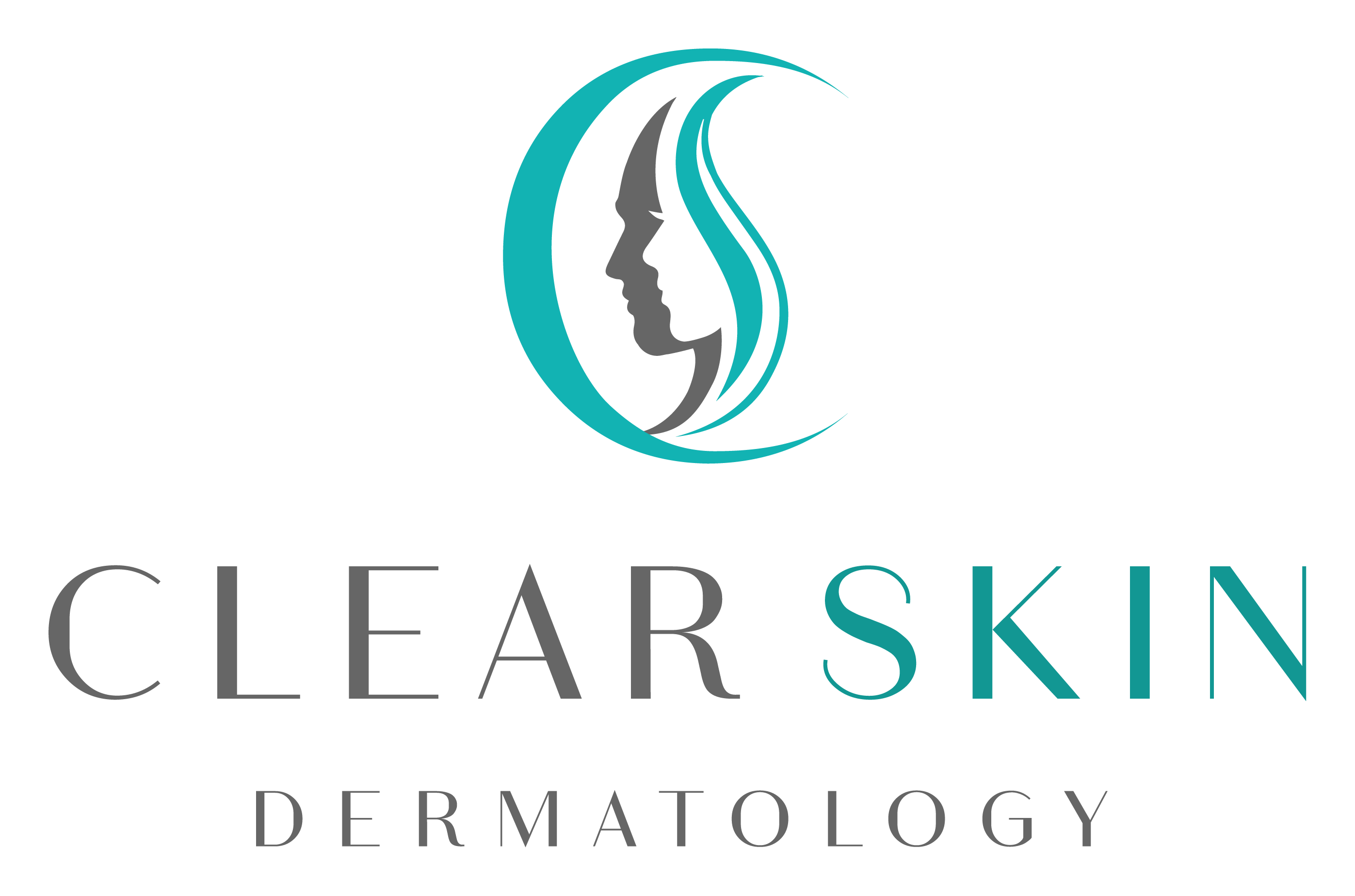At Clear Skin Dermatology, we offer personalized, cutting-edge treatments for skin cancer in Clearwater, including basal cell carcinoma, squamous cell carcinoma, melanoma, and more. Dr. Rachel Epstein, who has performed over 25,000 successful Mohs surgeries, uses the latest techniques to ensure effective and comprehensive management of various skin cancers.
The types of skin cancer we treat:
Basal Cell Carcinoma
Basal cell carcinoma is the most common type of skin cancer. It typically appears as a small, shiny bump or nodule on sun-exposed areas of the skin, such as the face, neck, and hands. While it is slow-growing and rarely spreads to other parts of the body, it can cause significant damage to surrounding tissues if left untreated. At Clear Skin Dermatology, we use advanced techniques to remove basal cell carcinoma and ensure minimal scarring.
Squamous Cell Carcinoma
Squamous cell carcinoma is the second most common type of skin cancer. It often presents as a red, scaly patch or sore that doesn’t heal, typically on sun-exposed areas of the skin. Unlike basal cell carcinoma, squamous cell carcinoma can spread to other parts of the body if not treated promptly. Our specialized treatments at Clear Skin Dermatology focus on early detection and effective removal of squamous cell carcinoma to reduce the risk of metastasis.
Melanoma
Melanoma is the most dangerous form of skin cancer, known for its ability to spread quickly to other parts of the body. It usually appears as a new, unusual growth or a change in an existing mole, often characterized by asymmetry, irregular borders, multiple colors, and a diameter larger than a pencil eraser. At Clear Skin Dermatology, we offer prompt diagnosis and treatment to prevent melanoma from spreading and to remove it at the earliest stage possible.
Other Skin Cancers
In addition to treating common skin cancers in Clearwater, Clear Skin Dermatology also treats rarer types, such as Merkel cell carcinoma, dermatofibrosarcoma protuberans, and Kaposi’s sarcoma. Due to their unique characteristics, these cancers require specialized knowledge and treatment. Dr. Rachel Epstein’s extensive experience and expertise ensure that patients with these rare skin cancers receive comprehensive, effective care tailored to their specific needs.

Signs and symptoms of possible skin cancer:
- Appearance of new moles, lumps, or bumps on the skin
- Any unusual or persistent growth that changes over time
- Alterations in size, shape, color, or texture of an existing mole
- Moles that become asymmetrical or have irregular borders
- Sores that do not heal within a few weeks
- Lesions that bleed, ooze, or crust over repeatedly
- Red, scaly, or rough patches that persist
- Areas of skin that feel itchy, tender, or painful
- Itching, tenderness, or pain in a mole or growth
- Spread of color from the border of a mole into the surrounding skin
- Darkening or changes in pigmentation in the area around a mole
Your skin cancer treatment options
Mohs Micrographic Surgery
Mohs micrographic surgery is a highly effective treatment for various types of skin cancer, particularly basal cell carcinoma and squamous cell carcinoma. This precise surgical technique involves the systematic removal of cancerous tissue layer by layer, each of which is examined under a microscope until only cancer-free tissue remains.
Excisional Surgery
Excisional surgery involves removing the entire cancerous lesion along with a margin of surrounding healthy tissue. It is commonly used for melanomas and other skin cancers where Mohs surgery may not be suitable. Dr. Epstein ensures that all cancerous cells are removed, reducing the risk of recurrence. The excised tissue is sent to a lab for thorough examination.
Topical Medications
Topical medications can be effective for certain types of skin cancer and precancerous lesions. These creams or gels contain cancer-fighting agents that are applied directly to the affected area. Treatments may include topical chemotherapy, such as 5-fluorouracil (5-FU), which works by destroying abnormal cells, and topical immunotherapy, like imiquimod, which stimulates the body’s immune response to target cancer cells. These options are often used for superficial basal cell carcinoma, squamous cell carcinoma in situ, and actinic keratosis.
Cryotherapy
Cryotherapy is a non-invasive treatment that uses extreme cold to freeze and destroy abnormal skin cells, including precancerous lesions like actinic keratosis. Liquid nitrogen is applied to the affected area, causing the abnormal cells to die and eventually slough off. This quick treatment is ideal for patients with small, superficial skin cancers or precancerous conditions.
Electrodesiccation and Curettage
Electrodesiccation and curettage (ED&C) is a common procedure for treating certain superficial skin cancers, such as basal cell carcinoma and squamous cell carcinoma in situ. The technique involves scraping away the cancerous tissue with a curette (a sharp, spoon-shaped instrument), followed by the use of an electric current to destroy any remaining cancer cells and control bleeding. The process may be repeated several times during the session to ensure thorough removal. ED&C is quick, minimally invasive, and typically performed in-office with local anesthesia. While scarring can occur, it is often a suitable choice for cancers in low-risk areas.

Skin cancer treatment FAQs
What is skin cancer?
Skin cancer is the uncontrolled growth of abnormal skin cells. It occurs when DNA damage, often caused by ultraviolet (UV) radiation from the sun or tanning beds, triggers mutations. These mutations cause skin cells to multiply rapidly and form malignant tumors.
How is skin cancer diagnosed?
Skin cancer is diagnosed through a thorough skin examination and biopsy. During a skin exam, your dermatologist will inspect your skin for any suspicious moles, growths, or lesions. If a suspicious area is found, a biopsy is performed by removing a small sample of tissue. This tissue is examined under a microscope to determine if cancer cells are present.
How effective are skin cancer treatments?
The effectiveness of skin cancer treatments depends on various factors, including the type and stage of cancer and the chosen treatment method. Early-stage skin cancers treated promptly have high cure rates, particularly with treatments like Mohs micrographic surgery, which offers cure rates of up to 99% for certain types of skin cancer.

Achieve and maintain clear and
healthy skin in Clearwater, FL
Clear Skin Dermatology is your premier destination for achieving and maintaining clear, healthy skin in Clearwater, FL. Our board-certified dermatologist, Dr. Rachel Epstein, is double-board-certified in Dermatology and Mohs Micrographic Surgery with over 25,000 successful surgeries. If you suspect that you may have skin cancer or have received a diagnosis, schedule a consultation promptly to explore your treatment options for skin cancer in Clearwater.

